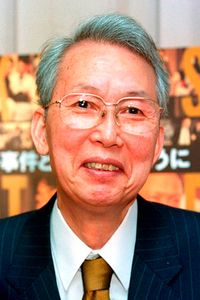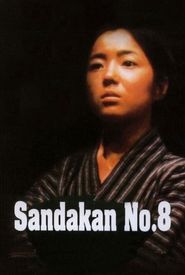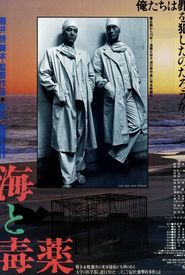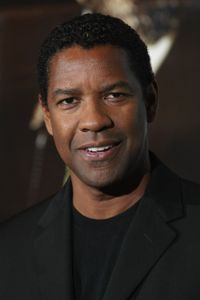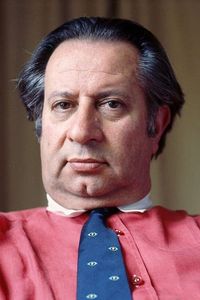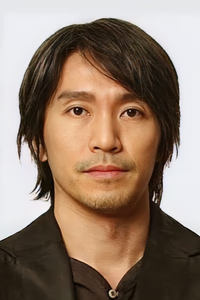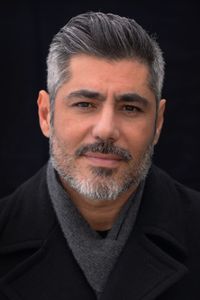Kei Kumai, a renowned Japanese film director, was born on June 1, 1930, in Azumino, Nagano prefecture. Following his academic pursuits in literature at Shinshu University, Kumai embarked on a career as a director's assistant, laying the groundwork for his future success.
In 1965, Kumai's maiden film, Nihon rettō, earned him the prestigious Directors Guild of Japan New Directors Award, marking a significant milestone in his professional journey. This accomplishment was swiftly followed by the release of his 1972 film, Shinobu Kawa, which premiered at the 8th Moscow International Film Festival.
Kumai's 1973 film, Rise, Fair Sun, also garnered international recognition, as it was entered into the 24th Berlin International Film Festival. However, it was his 1984 film, Sandakan No. 8, that truly cemented his reputation as a masterful storyteller. This powerful drama tackled the sensitive topic of a woman forced into prostitution in Borneo prior to the outbreak of World War II, receiving widespread critical acclaim.
The film's thought-provoking narrative earned it a nomination for the Best Foreign Language Film at the 48th Academy Awards, solidifying Kumai's position as a respected figure in the world of Japanese cinema. Throughout his illustrious career, Kumai continued to push boundaries, exploring complex themes and issues through his films, leaving a lasting impact on the industry.
